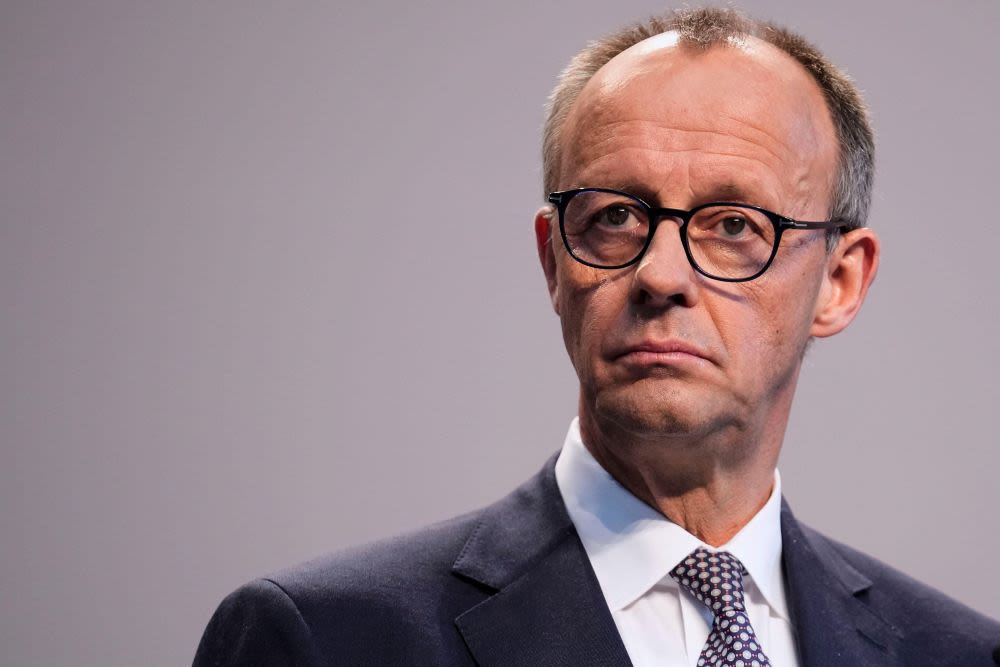A recent high-level meeting between senior UK Conservative MPs and their German counterparts from the Christian Democratic Union (CDU) has captured attention across the political landscape. Set against the backdrop of the Conservatives’ recent general election defeat in 2024, the discussions focused on strategies for political recovery and the challenge posed by Nigel Farage’s growing Reform UK party.
Strategic Engagement with German Counterparts
The delegation from the UK included notable figures such as Priti Patel, Andrew Bowie, Andrew Griffith, and Alan Mak. Their agenda was multifaceted, aiming to understand how the CDU, fronted by Friedrich Merz, successfully navigated back to power in Germany. After a significant loss to Olaf Scholz’s Social Democratic Party (SDP) in 2021, the CDU’s resurgence seems to be a blueprint for political rehabilitation.
The CDU/CSU coalition achieved a striking victory in February’s federal elections, capturing 28.6% of the vote, with Merz anticipated to assume the chancellorship imminently. This success story has sparked interest among UK Conservatives, eager to analyze the elements that facilitated such a comeback.
Lessons in Political Rebuilding
The UK Conservatives are particularly interested in the CDU’s resilience and adaptability, viewing these qualities as essential to recovering their footing in the UK’s political arena. According to sources within PoliticsHome, Kemi Badenoch, Leader of the Opposition, is enthusiastic about this collaboration, possibly leading to direct engagement with Merz himself.
A Conservative spokesperson elucidated this strategy, emphasizing a global approach: « In our path to renewal, the Conservative Party is engaging with our sister parties across the world. Sharing our experiences, and learning from the successes and failures of others, to ensure that we are ready to return with a clear plan to deliver for the British public and defend our interests on the world stage. »
Combatting the Reform UK Challenge
The dialogue wasn’t limited to studying comeback strategies alone. A significant portion of the discussions revolved around how Badenoch’s party can effectively counteract the threat presented by Nigel Farage’s Reform UK party. The latter has gained momentum, evidenced by its performance in the July general election, securing over 14% of the vote and yielding five MPs. This surge has been seen as detrimental to the Conservative base nationwide, leading to strategic reassessments by Tory leaders.
The CDU’s experiences with Germany’s hard-right Alternative for Germany (AfD), which received 20.8% of the vote, offer parallels. The AfD’s exclusion from government due to Germany’s political « firewall » provides an illustrative lesson on the importance of confronting rather than coalescing with far-right elements.
The Political « Firewall » Concept
Despite differences in the UK’s political context, Conservative strategists see value in adopting a similar stance, highlighting the importance of maintaining ideological distinctiveness and opposing extremist factions. This idea resonates with the UK party’s current endeavors to rebuild and redefine its core values. Michael Gove’s involvement in these discussions underscores the depth of commitment to finding effective solutions. As a former Cabinet minister now sitting in the House of Lords, his insights link past experiences to current challenges.
Greg Hands, a former Tory minister familiar with Chancellor-in-waiting Merz, has articulated the potential for a shift in approach with statements suggesting Merz represents a « different » style of governance. Distancing from past leaders like Merkel and Scholz, Merz is characterized as a proponent of a robust free market, a tougher stance on immigration, and advocating for increased defense spending.
As both parties continue their engagement, the potential for rejuvenated political strategies on the UK side appears promising, aiming to realign with public interests and neutralize rising political threats.
